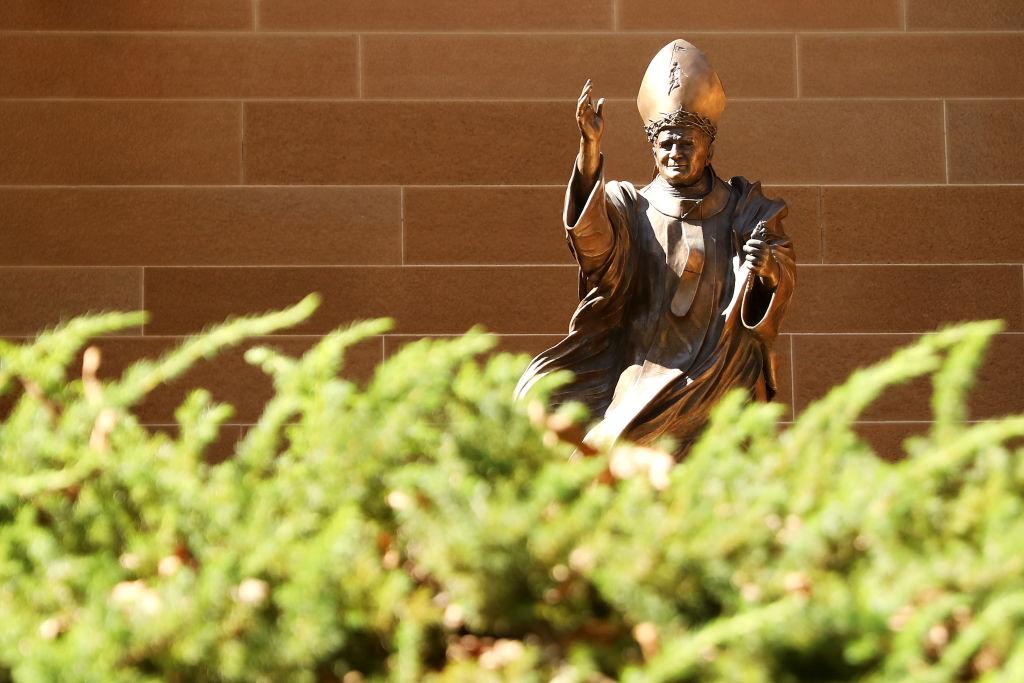The revamped religious discrimination bill will allow schools to hire people on the basis of faith but will not shield employees from prosecution for making statements of belief that might offend others, Education Minister Alan Tudge said.
The bill would also not allow a school to reject a teacher based on their sexuality or other traits, and would not protect healthcare providers’ conscientious objection to providing treatment on religious grounds.




